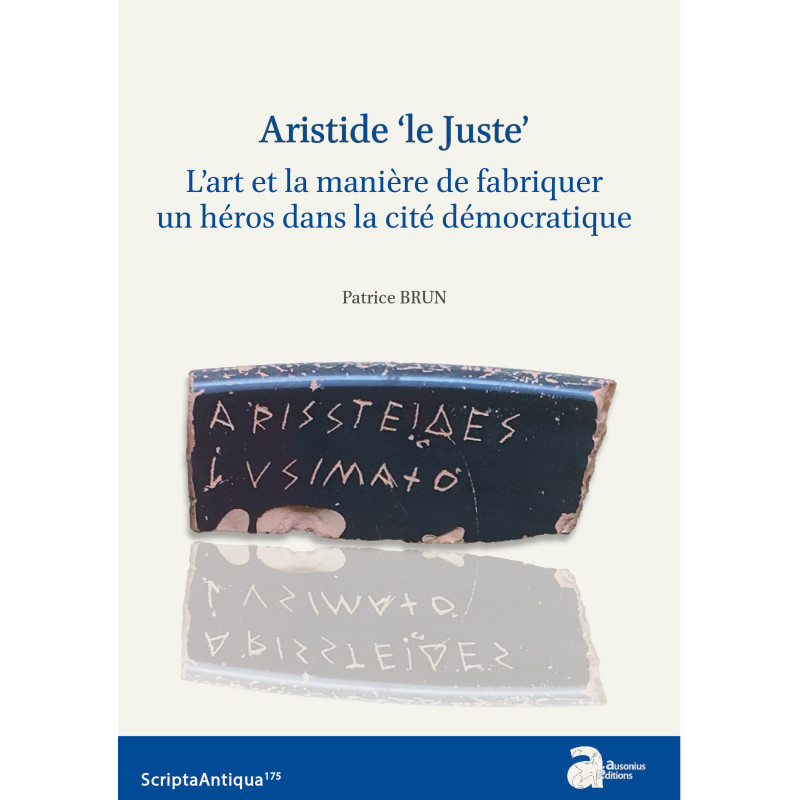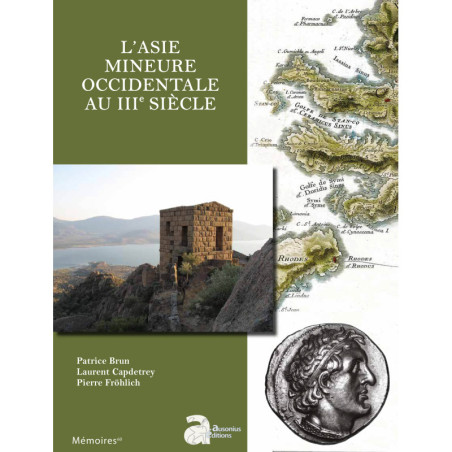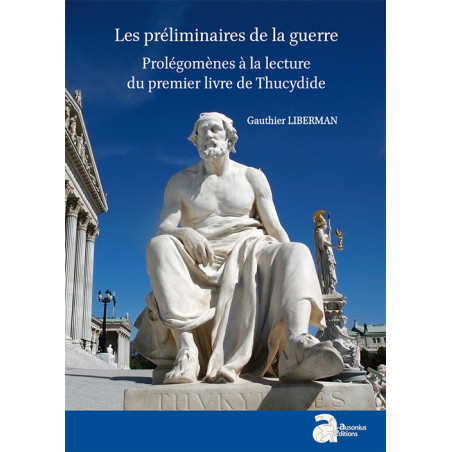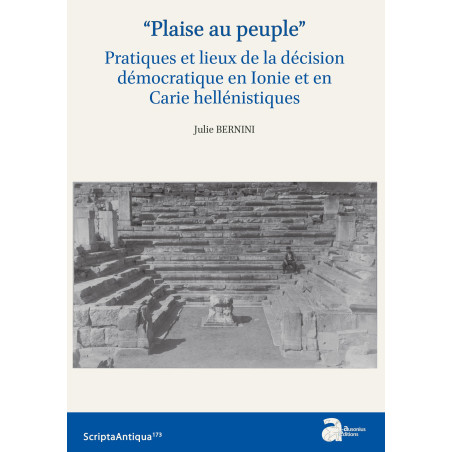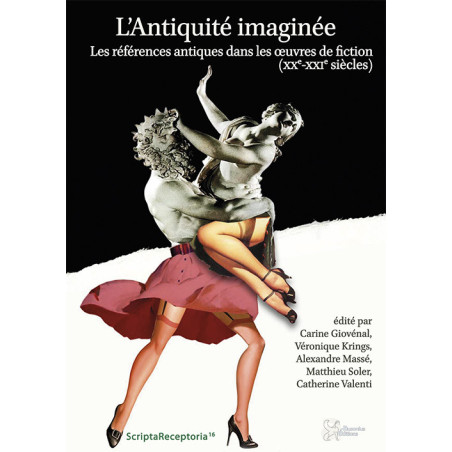Scripta Antiqua 175
Aristide 'Le Juste'. L'art et la manière de fabriquer un héros dans la cité démocratique.
The Athenian Aristides, the son of Lysimachos (c. 530 – c. 467 BC), was acknowledged by Plutarch, at the beginning of the second century AD, as one of the great figures of the Greek past as it was imagined under the High Empire. He shares with Themistocles, Cimon, Pericles, Alcibiades and Nicias the honor of a unique biography for the Athenian fifth century. According to the Athenian manuscript tradition of the Classical, Hellenistic and Roman periods, he was more and more admired by for his immense moral qualities, more than for his feats of arms or his political actions, despite a whole favorable literary record. Nevertheless, he remains an unknown character: no copy of a statue has been found, nor is he mentioned by ancient authors, no inscription mentioning him has survived, unlike his contemporary Themistocles. Although he came from a wealthy if not aristocratic family, he is said to have lived in the utmost poverty, away from all material consideration according to a philosophical model which originates from Socrates’ life, thereby leading all his descendants into misery.
All these contradictions make it difficult to measure the real political impact of Aristides on the tragic events (the Persian Wars) that Athens went through and one always wavers between the idea of a prominent politicial figure of the history of Athens and Greece at the beginning of the fifth Century and that of a personality fabricated from scratch by an Athenian collective memory and above all by a wide range of later texts intended to idealize an undisputable moral figure. It is all these contradictions that this book seeks to explain.
On the same subject
Scripta Antiqua 99
Les préliminaires de la guerre. Prolégomènes à la lecture du premier livre de Thucydide
Publication date :01/05/2017
Scripta Antiqua 173
“Plaise au peuple”. Pratique et lieux de la décision démocratique en Ionie et en Carie hellénistiques
Publication date :24/10/2023
Scripta Receptoria 16
L'Antiquité imaginée. Les références antiques dans les œuvres de fiction (XXe-XXIe siècles)
Publication date :15/05/2019
